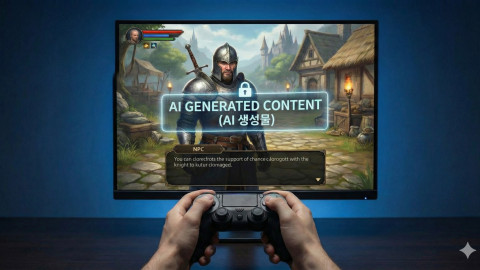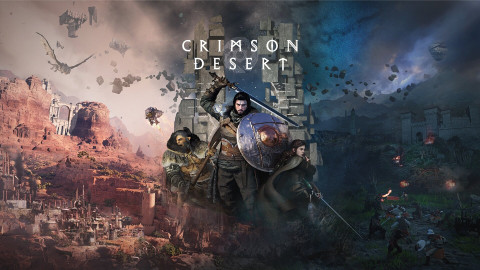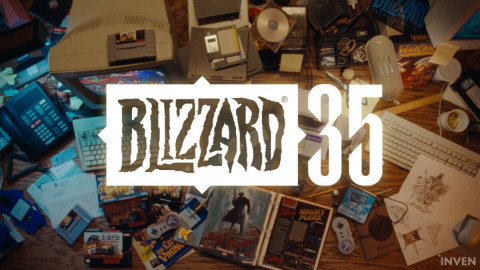
The DMCA reaper has once again returned to Twitch to claim the souls of the unworthy, i.e. those who violate digital copyright law by playing copyrighted music in the background of their for-profit streams.

A brand new wave of copyright strikes rolled through the platform late last week, preceded by an ominous warning message from Twitch saying: “We recently received a batch of DMCA takedown notifications with about 1,000 individual claims from music publishers… The vast majority target streamers listening to background music while playing video games or IRL streaming.”
Many streamers responded to the strike wave by publishing tips for content creators to avoid being DMCA claimed. I have my own tip to avoid getting copyright claimed by a music rights holder: Stop stealing music.
According to Twitch anyway, my tip works 99% of the time.
Twitch streamers respond to latest DMCA copyright strike wave
On May 28, Twitter was filled with reactions to the latest wave of DMCA notices. Many responded by explaining how they avoid DMCA issues, while others chose to complain about the very existence of copyright enforcement on Twitch.
Streamer KRNG Stallion put out a pretty useful and specific list of suggestions, including: delete VODs of muted videos, stick to copyright-free playlists, and understand that your audience size doesn’t matter when it comes to whether your videos will get claimed.
Jessica Blevins, wife of Tyler “Ninja” Blevins, proudly announced that she avoids getting DMCA claims by deleting the VODs when she knowingly violates copyright law.
Perhaps the oddest response to Twitch finally cracking down after years of lax DMCA enforcement, was Nicholas “NICKMERCS” Kolcheff. In response to a musician in his chat who suggested artists should get paid for their copyrighted works, NICKMERCS said:
“I see what you are saying, but you also need people to listen to your music. Don’t act like you are fucking Drake. You put out a song and everyone just listens to it? I got news for you, the majority of people don’t listen to that shit.”
He continued: “At the end of the day, what’s going to get artists paid is people listening to their music. When a guy like me plays a song to 50 or 60 thousand people, you would be surprised what effect that can have. Typically when people want their songs played like that, they have to pay.”
So not only does NICKMERCS think he shouldn’t have to pay to use musical artist’s work, he also thinks the artist should pay him to play their music on his streams. I don’t know what reality Nick is from, but here In the real world, we use money to compensate artists for the use of their work, not exposure.
In holding this position, those who share NICKMERCS school of thought betray a deep sense of entitlement and a strictly incorrect view of copyright law and the DMCA.
Stop stealing music for your videos and streams
While many online seem to think there is a significant amount of gray area in U.S. copyright law, when it comes to playing music you don’t own on a stream the U.S. Copyright Act and the Digital Millennium Copyright Act of 1998 are both pretty clear.
Section 512 of the DMCA specifies that a service provider like Twitch is not liable for monetary relief for infringement of copyright from users on their platform, so long as they provide “injunctive or equitable relief” to rights holders if they file a valid copyright claim to the platform. So as long as a platform takes the appropriate steps to remove or pay for the copyrighted content, they aren’t held responsible for it themselves.
This section is the reason that sites like YouTube, Twitch, Twitter, and others take down copyrighted material in the first place. If the platforms were held financially liable for all those who blatantly infringe on copyrighted work, they could face constant lawsuits that ultimately sink said platforms.
The penalties for copyright infringement can be severe as well. According to Section 504 (b) of the U.S. Copyright Act, the owners of illegally used copyright material could in theory hit Twitch or individual streamers with actual and statutory damages, as well as take any profits made using those materials. So really, streamers should count themselves lucky that all they had to do was delete the VODs. It could have been much worse.
The solution to the vast majority of DMCA claims is very simple: Don’t use music you don’t have the right to use.
While there are people who get DMCA’d for less legitimate reasons, like when folks get DMCA claimed over music or sounds that were in a game they played on stream, the vast majority of DMCA claims are avoidable by simply following the law.
According to Twitch, “99% of the [DMCA] notifications are for tracks that streamers were playing in the background of their stream.”
So we could eliminate 99% of DMCA claims by simply following the law.
As a result, I have very little empathy for streamers like Nick Mercs who have to edit and delete VODs from their library. They made a choice to break the law, and these are the consequences for doing that. I doubt Nick would appreciate others stealing his work, so why would he get a pass to steal the work of music artists, regardless of his audience size?
-

Aaron is an esports reporter with a background in media, technology, and communication education.
Sort by:
Comments :0





